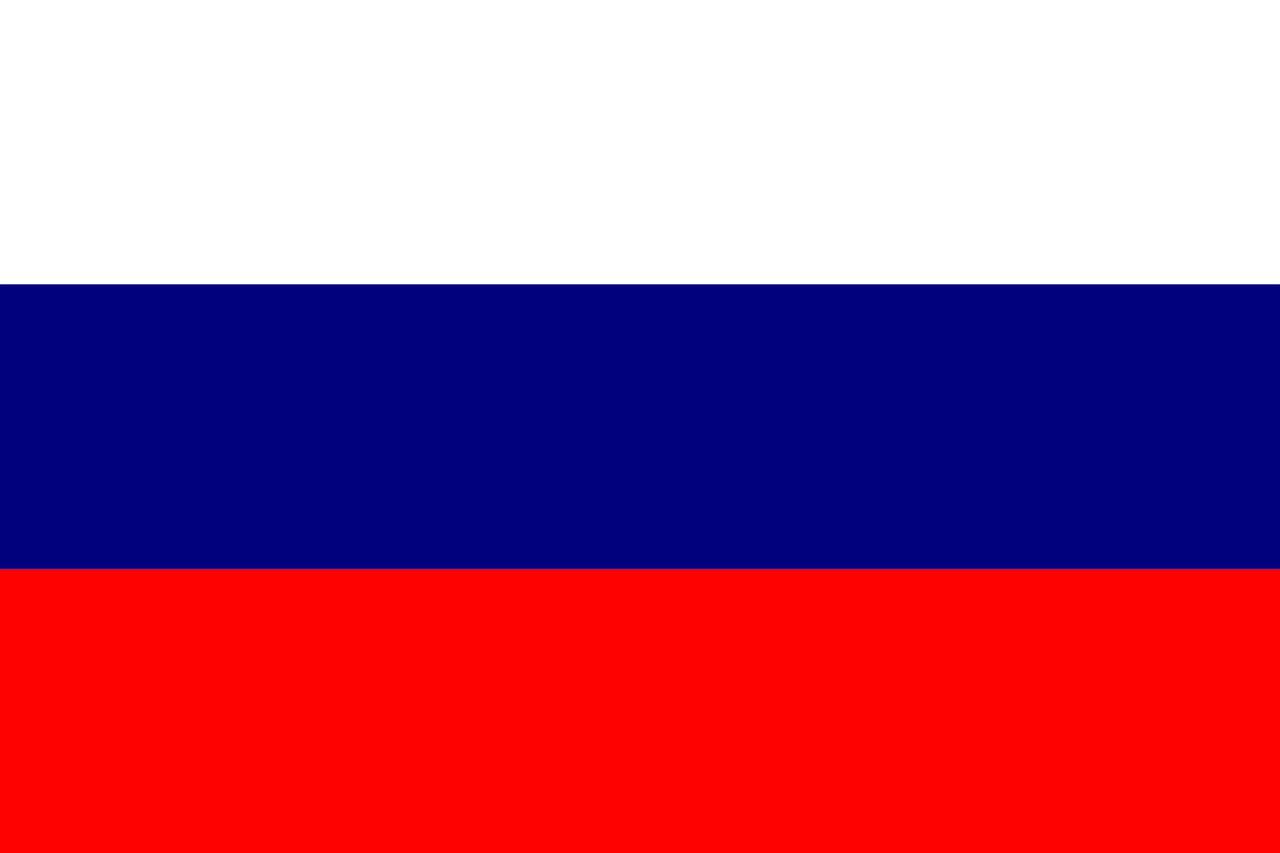
403
Sorry!!
Error! We're sorry, but the page you were looking for doesn't exist.
Russian experts falsify Japan Center allegations
(MENAFN) Russian officials have denied claims that the closure of Japan Center offices in Russia is imminent following Moscow’s decision to end bilateral memorandums with Tokyo regarding their operations. Prime Minister Mikhail Mishustin signed an order last week to halt the implementation of these memorandums. Japanese officials, including Chief Cabinet Secretary Yoshimasa Hayashi, criticized the move, calling it “unacceptable” and promising an appropriate response.
However, experts clarified that the cessation of these memorandums does not imply the closure of Japan Center offices in cities like Moscow, St. Petersburg, and Vladivostok. These offices, which are Russian entities funded by the Japanese government, primarily host lectures and facilitate internships in Japan for Russian workers. The decision only affects the formal agreements between the Russian and Japanese governments concerning the centers' operations, rather than the centers themselves.
The memorandums, originally signed in 2000 and 2003, were based on an understanding that democratic reforms in Russia were key to successful bilateral cooperation. Russian experts explained that the sanctions and "unfriendly measures" imposed by Japan since February 2022 had undermined the spirit of these agreements, rendering them obsolete.
In response to Japan’s policies, Moscow has also suspended negotiations on a peace treaty and halted visa-free travel to the Kuril Islands, while criticizing Tokyo’s approach. Despite the tensions, President Vladimir Putin has expressed openness to resuming cooperation should Japan alter its stance.
However, experts clarified that the cessation of these memorandums does not imply the closure of Japan Center offices in cities like Moscow, St. Petersburg, and Vladivostok. These offices, which are Russian entities funded by the Japanese government, primarily host lectures and facilitate internships in Japan for Russian workers. The decision only affects the formal agreements between the Russian and Japanese governments concerning the centers' operations, rather than the centers themselves.
The memorandums, originally signed in 2000 and 2003, were based on an understanding that democratic reforms in Russia were key to successful bilateral cooperation. Russian experts explained that the sanctions and "unfriendly measures" imposed by Japan since February 2022 had undermined the spirit of these agreements, rendering them obsolete.
In response to Japan’s policies, Moscow has also suspended negotiations on a peace treaty and halted visa-free travel to the Kuril Islands, while criticizing Tokyo’s approach. Despite the tensions, President Vladimir Putin has expressed openness to resuming cooperation should Japan alter its stance.

Legal Disclaimer:
MENAFN provides the
information “as is” without warranty of any kind. We do not accept
any responsibility or liability for the accuracy, content, images,
videos, licenses, completeness, legality, or reliability of the information
contained in this article. If you have any complaints or copyright
issues related to this article, kindly contact the provider above.


















Comments
No comment